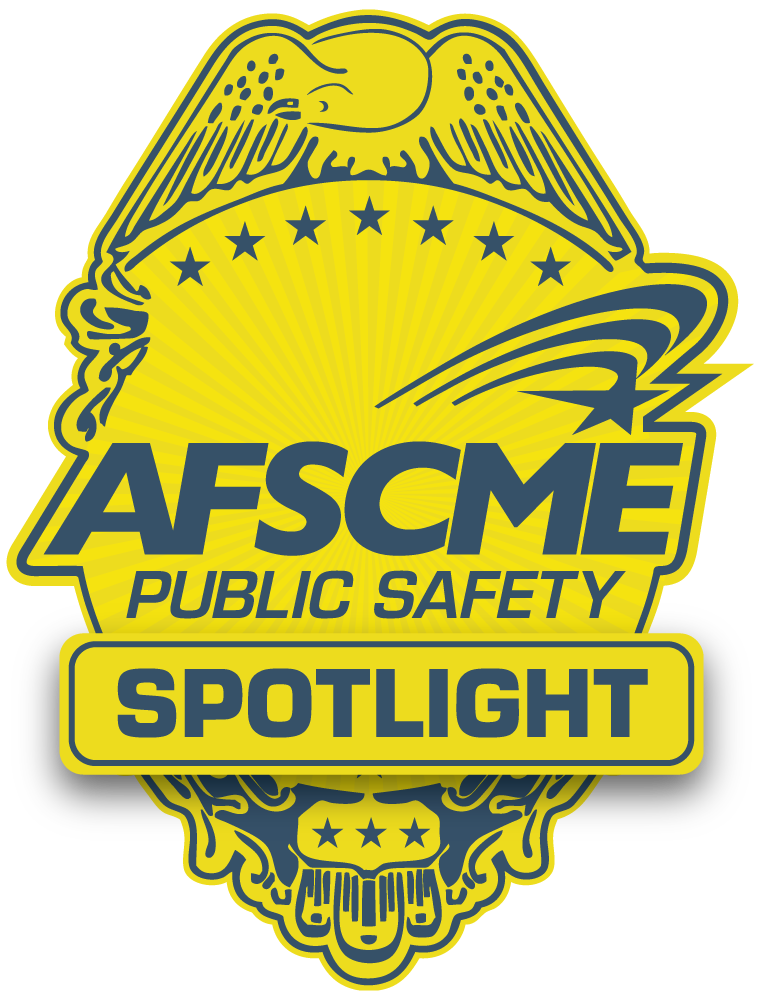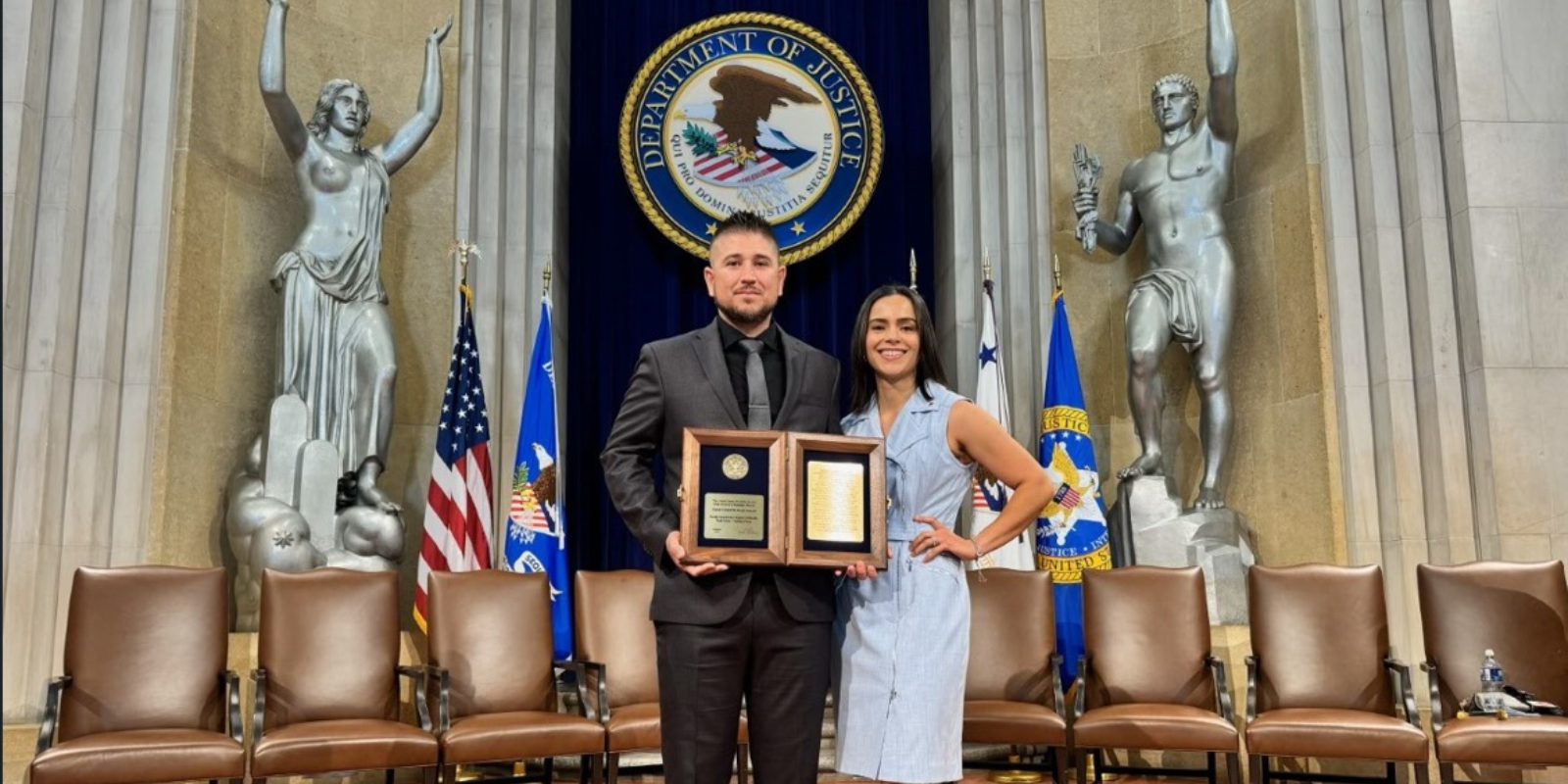
How do you know you’re good at your job when you’re a probation and parole officer?
Jose Gonzalez, a member of Local 1326 (WFSE Council 28), who works for the Washington State Department of Corrections, tells this story.
“There was a guy that I used to supervise. He would always have a warrant [for his arrest] and would always use drugs. He was my age, young,” said Gonzalez, who was in his late 20s at the time. “He shouldn’t be on drugs; he shouldn’t be homeless. I looked for him on and off for six months, and he finally turned himself in. He said, ‘You know, Jose – I’m done with drugs. I’m gonna get myself together.’ I asked him what made him do that. He said ‘I’m tired of hiding from you. You doing your job made me … want to be a better person.’”
That person stopped using drugs, got off probation, stayed clean, started reporting to Gonzalez and got a job.
“He actually changed his life around,” Gonzalez said. “He did really well for the remainder of his probation.”
Those encounters make a dangerous job worthwhile.
As a community corrections officer based in Yakima, Washington, Gonzalez’s job (known more commonly as a probation and parole officer) involves supervising offenders who have been released from prison or who’ve been convicted of crimes and are being monitored in the community to ensure they’re complying with the terms of their probation.
“We’re making sure that people are abiding by their conditions of the courts and the department of corrections,” said Gonzalez. “We’re making sure they’re not using drugs, doing crimes. And at the same time, if they stop showing up and have a warrant, we go out and look for them and arrest them.”
In 2018, Gonzalez was selected out of many applicants statewide to join the Pacific Northwest Violent Offender Task Force, a federal task force run by the U.S. Marshals Service.
Deputized as a Special Deputy U.S. Marshal, he and other task force officers from local and federal agencies search for fugitives or offenders who have a warrant for their arrest.
“I enjoy the adrenaline,” said Gonzalez. “When we get a good target, like someone who committed a murder, after the investigation and everything goes well and safely, it’s like having a really hard puzzle.”
While most of his work with the U.S. Marshals covers Eastern Washington, Gonzalez and his team have jurisdiction all over the country. He’s traveled all over his state, as well as Idaho and Oregon.
But keeping dangerous offenders off the street comes with serious risks, too.
“Last year in March, our team was looking for a guy with a federal warrant. We found him and he ran from us,” recalled Gonzalez. “There were three of us on foot. He pulled out a gun and pointed it at me and a couple co-workers.”
Gonzalez had no choice: he shot him.
“After I shot him, we provided first aid. We were able to save his life. He’s up and walking. He pled guilty.”
For his bravery, Gonzalez received the Valor Award by the Washington State Department of Corrections, as well as the U.S. Marshals’ Robert Forsyth Valor Award at a ceremony in Washington, DC. The award, presented by the director of the U.S. Marshals Service, recognizes the incredibly dangerous yet essential work that Gonzalez and his colleagues do.
And while Gonzalez understands the risks that come with the job, he knows he’s making a difference.
“There’s been several times when I’ve been working with the Marshals, and we arrest someone on probation or supervision for a serious crime,” he says. “They told me, ‘I don’t want you to come out and look for me again. I’m going to change my life.’”
And it’s not uncommon for Gonzalez to see those people in the community months or years later, having lived up to their promise. And whether their rehabilitation was due to his doggedness or another reason, he’s just happy to see them doing better.
Public safety professionals like Jose Gonzalez are increasingly turning to AFSCME to build power at work, and to advocate for safety on the job, better wages, good health care and a secure retirement. AFSCME members in corrections, law enforcement and emergency response defend our freedoms and those of the communities we serve.
Visit the AFSCME Public Safety website to get involved and learn more.
